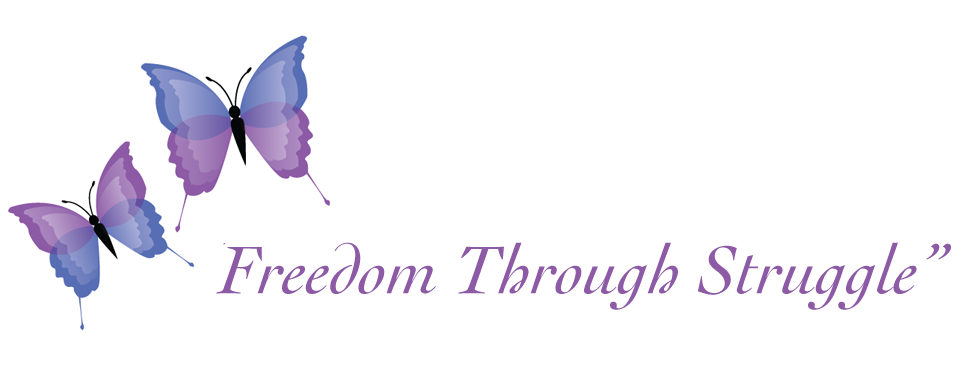Abandonment and Rejection
This article will focus on the potential impact of being or feeling abandoned and rejected. Being abandoned and rejected may damage self esteem. Self esteem is about how we value and love ourselves, whether we are able to set healthy boundaries and if we are able to be assertive in our relationships.
Low self-esteem can lead to people losing their voice, sense of self and feeling powerless. The need to be loved and accepted is an inherent part of our humanity and people may make unwise choices in their desire to satisfy this need if they fear being abandoned.
There are many ways in which people may experience abandonment and rejection. It can begin in childhood where parents were not present physically or emotionally. This can lead to feeling a sense of shame that they were not wanted or valued and can result in low self-esteem. Perhaps the pregnancy was not planned and was not been well received. There may have been discussions around whether the mother would keep the baby or give them up for adoption. Perhaps the mother felt a sense of shame and the child internalises this and sees themselves as ‘the problem.’
Sometimes people who have not had secure relationships growing up may struggle to establish healthy relationships. They may have a veneer of being super confident but beneath the surface they may have found a way to shut down their feelings and needs so that they don’t get hurt. They may have an ambivalent attachment style where they long to be close to others and go between getting close and then withdrawing because they fear abandonment and rejection.
Perhaps they have a people-pleasing relational style where they don’t know what they need or are fearful of asking. They may find it difficult to set personal boundaries in case they upset people. Conflict can be another area which is difficult for people who have been abandoned. They may try and avoid it altogether because they fear the loss of the relationship.
During adolescence peer groups are really important and young people are very keen to fit in and to belong. Social media has an increasing impact on young people and gives messages of what it is ‘acceptable’ and what is not. There are expectations of ‘being perfect’ and ‘looking perfect.’ Of course this is not just limited to young people. ‘Friends’ can be dismissed and isolated at the click of a button leading to painful feelings of rejection and abandonment.
On social media people may be looking for acceptance and are influenced by the number of ‘likes’ and comments they get on articles they write or sharing their thoughts with others. Perhaps they look for the ‘in crowd’ and wonder if they are ‘good enough’ to be accepted. What happens internally if a request to connect is rejected. Is this taken personally or is there a sense of resilience that sometimes people say ‘no’ but this does not diminish their intrinsic worth in any way.
If people been abandoned they may lose their voice or fear that they have nothing to say that anyone would be interested in hearing. They may find it hard to try new things for fear of ‘getting it wrong’ and being shamed again.
Shame says ‘I am bad.’ It brings people to a place of wanting to hide so that no-one will see them. Yet at the same time they want to be seen – to connect – to be noticed- but their sense of ‘not being good enough’ stops them from letting people get to know them. They may have thoughts around ‘if they knew the real me they would reject me.’
Parents may feel rejected by their children. When expectations are not met resentments can brew. It is important to be able to process if the feelings of abandonment are real or are part of the transition of children becoming adults and leaving the nest.
Counselling offers an opportunity to process the impact of being abandoned and feeling abandoned. It validates your narrative and gives a safe relationship and space in which to reflect on your beliefs, thoughts, feelings and response.

